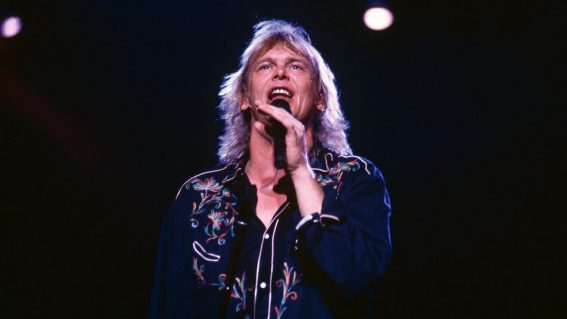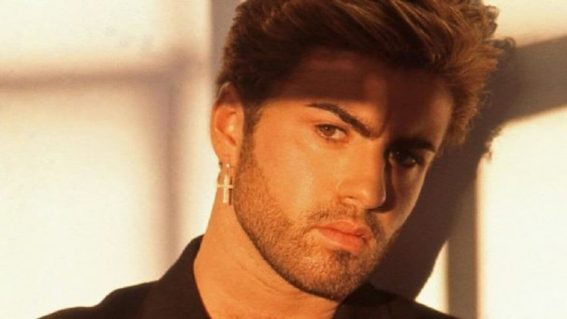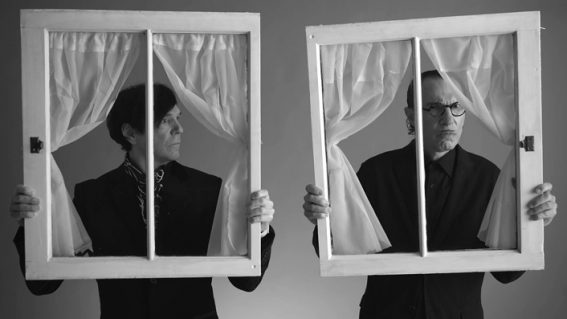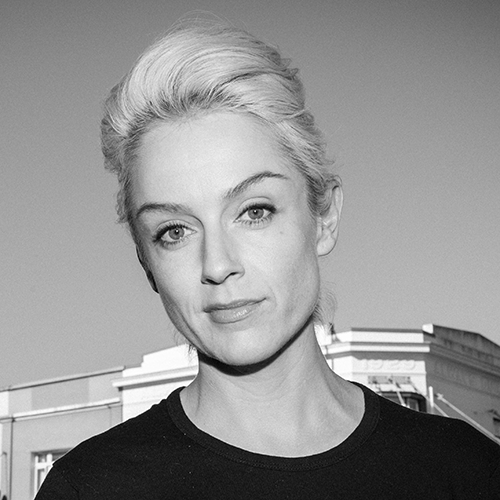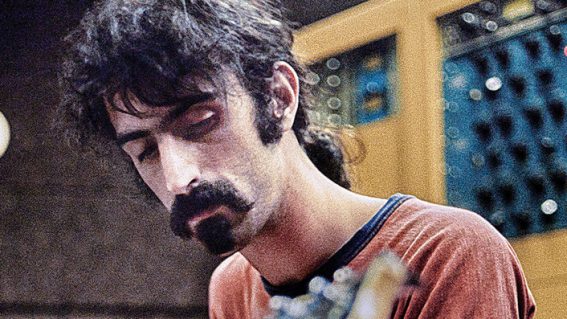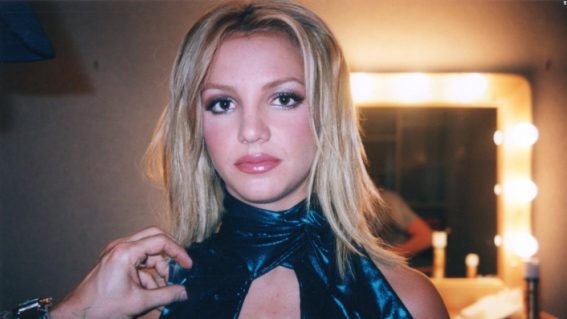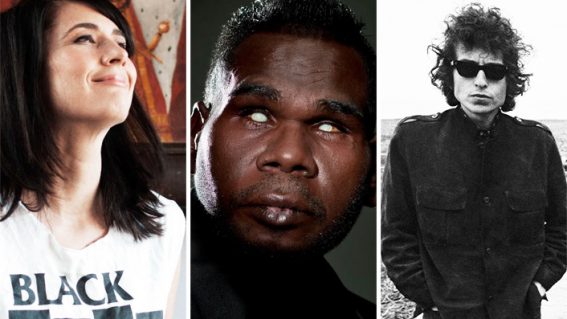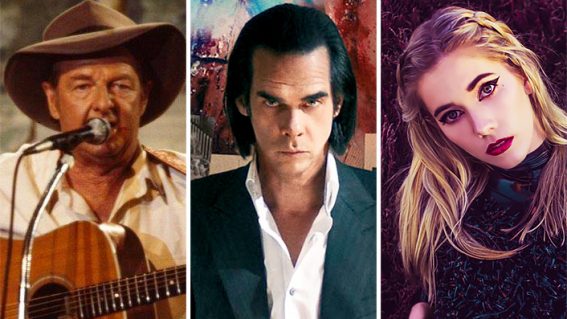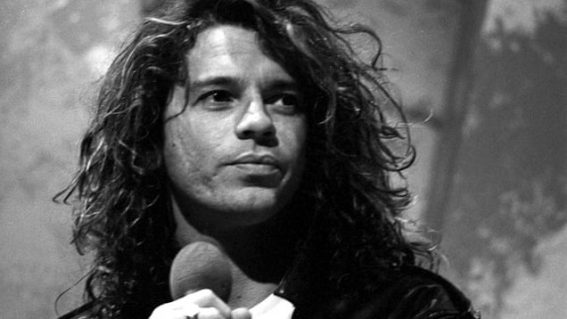Fyre Fraud is finally arriving in Australia. Should you bother watching?

Fyre Fraud, one of two high profile documentaries about the ill-fated music festival, is finally arriving in Australia. Luke Buckmaster compares it to the popular Netflix film that explores the same topic.
Let’s get down to brass tacks: you enjoyed Netflix’s Fyre: The Greatest Party That Never Happened and want the skinny on whether the similar-looking documentary Fyre Fraud is worth your time. You want to know whether this film, which arrived in the US the same week as its Netflix counterpoint but took four months to make it to Australia, is better or worse. I hate to resort to using that most horrendous of words, “complicated,” in response, but alas it is so – or at least a comparison between the two ought to entail a degree of (here’s another widely hated word) nuance.
Both films are compulsively watchable in a shield your eyes sort of way, appealing to the sadist in all of us. Has a word been invented yet to convey the satisfaction derived from watching rich kids experience extreme discomfort? These docos trigger that feeling; maybe even fetishize it. In the same way that observing Roland Emmerich tear the world apart through various CGI-enabled acts of god can be described as “disasterporn,” so too should we have a term to describe watching the well-to-do writhe and squirm and sook like spoiled children.
Fyre Fraud and The Greatest Party That Never Happened share a similar join-the-dots style. Like an interesting article on Wikipedia, they are clear and cookie-cut but plain and unstylish, worlds away from what we might describe as vaguely “cinematic.” Perhaps the best answer to the question of whether, if you’ve seen the Netflix film, a viewing of Fyre Fraud ought to be on the cards (it screens this Sunday night on Channel Seven) comes down to how interested you are in the material. If your response is “very” it is unlikely to disappoint.

The answer may also be influenced by how greatly you’re interested in Fyre Fraud’s one major marketable point of difference: the participation of the disgraced (and criminally convicted) Fyre co-founder Billy McFarland. He agreed to sit down for an on-camera interview because, well, cold hard cash. The producers of the Netflix film refused to meet McFarland’s pay stipulations but the Fyre Fraud team coughed up the dough. Making the most of their investment, co-directors Jenner Furst and Julia Willoughby Nason put the guest of (dis)honour front and centre but they keep their distance, framing McFarland mostly in mid shots – reflecting a wariness of his presence.
Sitting through Fyre: The Greatest Party That Never Happened felt, to me, in terms of the overall trajectory of the experience, rather like watching a horror movie or a creature feature. Dramatic opening reels provide a taste of the pandemonium coming up later, when a malignant force has reaped its wrath, causing panic-struck humans to run around like hysterical sheep. In other movies such an entity might take the form of a giant shark, or a monstrous mutant lizard or some such, stomping around like an angry deity.
But in this instance the key ‘villain’, other than McFarland himself, assumed a rather unconventional form: that of extremely bad organization. In The Greatest Party That Never Happened a cloud of grim inevitability hangs over the entire experience, culminating in an action-packed finale where rich kids discover their dream weekend away has transformed into a nightmarish wasteland. Shock horror: advertising lies.
So, if watching this film can be loosely compared to an experience like Jaws, in its slow build towards utter (and glorious) devastation, then Fyre Fraud on the other hand feels more like a recut version, with the shark present and in full view the whole time. Having McFarland speak for himself means he comes across more like a three dimensional human and less like a sociopath. Nevertheless this is how the film (through the words of a disdainful psychologist) ultimately defines him, viewing the fraudster as a product of contemporary phenomena such as the attention economy and the experience economy.
Is McFarland’s presence enough to lift the film to heights unmatched by its competitor? Not really, no. His involvement was a good get but The Greatest Party That Never Happened is the superior film when it comes to the juicy, sadistic details. To that feeling of joy we get from watching loaded kids suffer terribly, tossed like salad ingredients across a dystopian landscape that would make even Max Rockatansky turn his nose up. We really do need a word for this exquisite, horrible feeling. When I googled “What is a word for watching rich kids suffer?” I hoped to see either of the two Fyre documentaries appear at the top of the search results. Maybe we have a word for it after all. Maybe it’s “Fyre.”
Fyre Fraud will have its Australian premiere on Channel Seven on Sunday May 5, at 9:30pm.

